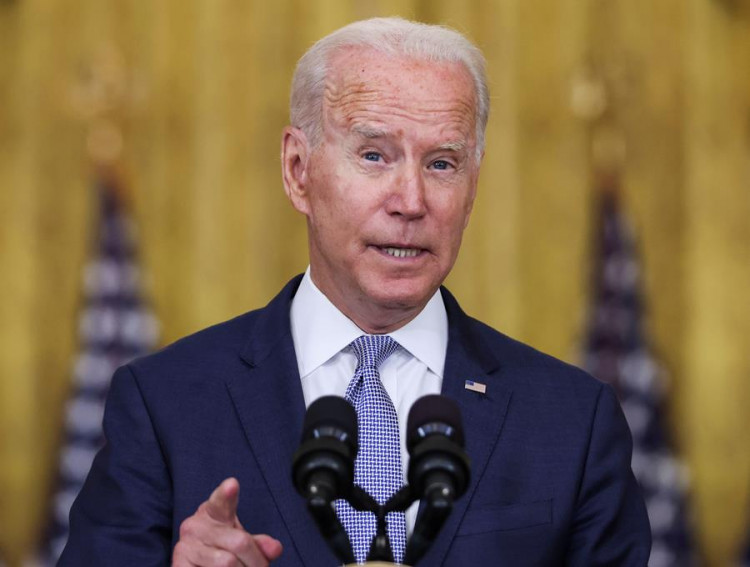President Joe Biden has called on Congress to impose term limits and a code of conduct on the Supreme Court, while also advocating for limits on presidential immunity. This announcement comes as part of Biden's broader effort to reform key institutions and restore public trust in the government.
Biden is set to outline these proposed reforms during a speech at the LBJ Presidential Library in Austin, Texas, on Monday, marking the 60th anniversary of the Civil Rights Act. In a coinciding op-ed published in the Washington Post, Biden emphasized the urgency of these changes, arguing that the current state of affairs undermines public confidence in the Supreme Court's decisions, particularly those affecting personal freedoms.
"I served as a U.S. senator for 36 years, including as chairman and ranking member of the Judiciary Committee. I have overseen more Supreme Court nominations as senator, vice president, and president than anyone living today," Biden wrote in the op-ed. "I have great respect for our institutions and separation of powers. What is happening now is not normal, and it undermines the public's confidence in the court's decisions, including those impacting personal freedoms. We now stand in a breach."
The proposed reforms include an 18-year term limit for Supreme Court justices, which would allow for a new appointment every two years. This change aims to ensure regular turnover and prevent any single presidency from having disproportionate influence over the Court for generations. Additionally, Biden advocates for a Supreme Court code of conduct that would require justices to disclose gifts, refrain from public political activity, and recuse themselves from cases in which they or their spouses have financial or other conflicts of interest.
Biden's call for a constitutional amendment to limit presidential immunity is particularly notable. This proposal seeks to eliminate any immunity a former president might enjoy for crimes committed while in office. "No one is above the law," Biden stated unequivocally. "Not the president of the United States. Not a justice on the Supreme Court of the United States. No one."
The timing of Biden's announcement is significant, coming shortly after the Supreme Court ruled that presidents cannot be prosecuted for "official acts" during their time in office. This ruling, stemming from a case involving former President Donald Trump, has raised concerns about accountability and the rule of law.
Despite the urgency and importance of these proposals, their passage in a divided Congress remains uncertain. Legislative measures such as these would require 60 votes in the Senate to overcome a Republican filibuster, a challenging feat in the current political climate. The Supreme Court currently holds a 6-3 conservative majority, with three justices appointed by Trump and one by Biden, Justice Ketanji Brown Jackson.
Biden's proposals also include the "No One Is Above the Law Amendment," which would explicitly state that the Constitution does not confer immunity from federal criminal indictment, trial, conviction, or sentencing by virtue of having served as president. This amendment, along with term limits for justices, seeks to ensure accountability and prevent any single individual from wielding excessive power.
The proposed code of conduct for the Supreme Court comes in the wake of high-profile ethics controversies involving Justices Clarence Thomas and Samuel Alito. Both justices have faced scrutiny for failing to disclose substantial gifts from individuals with business before the court. Representative Alexandria Ocasio-Cortez (D-NY) has filed articles of impeachment against Thomas and Alito, citing these ethics violations and political bias.
"Justice Thomas and Alito's repeated failure over decades to disclose that they received millions of dollars in gifts from individuals with business before the court is explicitly against the law," Ocasio-Cortez stated.
Biden's reforms aim to address these ethical concerns and restore faith in the judicial system. "President Biden and Vice President Harris look forward to working with Congress and empowering the American people to prevent the abuse of presidential power, restore faith in the Supreme Court, and strengthen the guardrails of democracy," a White House official said.






